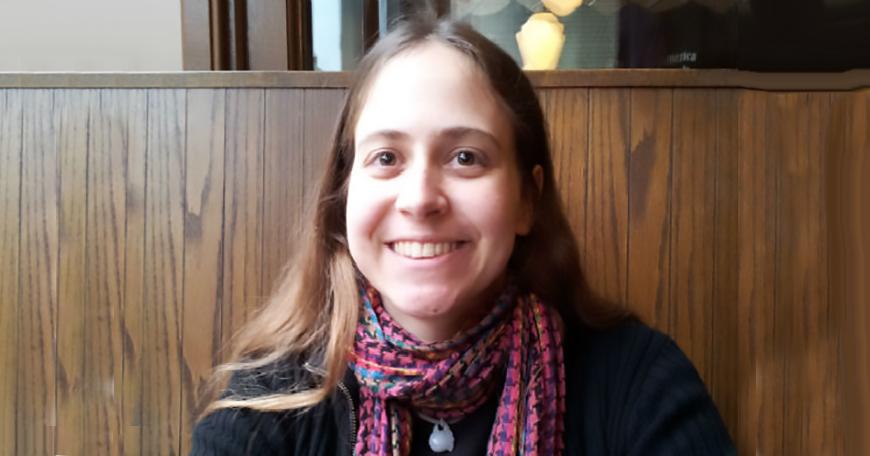Frequent Low-Stakes Testing: More Learning, Less Stress

The widespread adoption of online learning – both in response to the pandemic and as an emergent component of higher education – presents opportunities to transform assessment approaches.
For students learning remotely, unequal technology resources, incompatible time zones, and competition for quiet learning spaces can be stressful and negatively impact all aspects of learning: studying, attending classes, and preparing for and taking exams.
In response, MIT instructor Dr. Michelle Tomasik was inspired to create alternative assessments and assignments that are better-suited for remote learning. She shared her experiences in a recent xTalk (Jan 14, 2021).
Three recommendations for designing effective assessments were outlined by Open Learning Assistant Director for Learning Sciences and Teaching Dr. Aaron Kessler:
- Frequent low-stakes testing.
- Regular feedback that is actionable by the learner.
- Authentic assignments & assessments that promote deeper understanding and help students learn more.
Tomasik put the first principle to the test by implementing more frequent assessments. Designed to help students learn more efficiently and with less stress, frequent low-stakes testing also facilitates retrieval learning and long term retention.
Tomasik made two major changes to her Physics courses when adapting them for the online format. First, she increased the number of assessments from two midterms and one final to more frequent quizzes—about one quiz every two weeks—and a final. Next, she reduced the weighted value of all assessments from 70% to 50% of students’ final grades. She also built flexibility into the exams with extended time limits to balance the effects of unstable internet connections or time-zone differences.
As a result, students reported lower levels of stress around frequent quizzes than had been reported around midterm exams in previous semesters. Tomasik also reported students’ assessments scores were equal to or better than that of previous semesters. Tomasik plans to maintain this new model of frequent online quizzing when classes return to face-to-face on campus.
Learn more in Dr. Tomasik’s xTalk.

